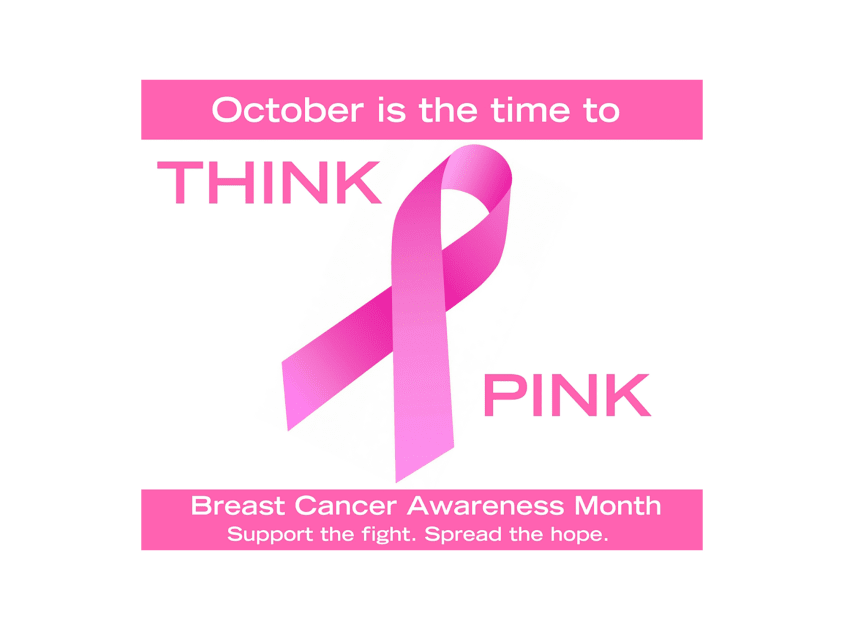With October being Breast Cancer Awareness Month, there is no better time to learn more about how to stay healthy, as well as to be aware of the signs of this type of Cancer. While we might not always be able to keep Breast Cancer from entering our lives, there are some preventative measures that can be taken to diminish its occurrence and lead to an earlier diagnosis.
Here are 3 tips to provide you with more awareness of Breast Cancer, as well as some proactive measures you can take, right now to help protect yourself and your loved ones.
- Maintaining a Healthy Lifestyle
First of all, one major action you can take is to make key changes to your lifestyle. As research has shown, direct links can often be made to both smoking and higher alcohol consumption in those who are diagnosed with breast cancer. As a result, it is strongly recommended that individuals don’t smoke and limit their alcohol consumption, so they can give themselves an even greater chance of avoiding this disease.
Another lifestyle change you can make is to maintain a healthy weight and diet. Again, research has also points to that fact that individuals who are overweight, also have a higher risk of developing cancer. With that said, in order to keep your weight at a healthy level, you can incorporate both regular exercise and healthy eating into your routine and can in turn, strengthen your body’s defence against cancer.
- Being Aware of Your Family History
A second tip to factor in when building more awareness about breast cancer, is to learn whether or not there is a history of cancer that runs in your family. If there is, then this does unfortunately put you in the higher risk category and as a result, you will want to take some additional steps to decrease your chance of also getting this form of cancer.
With this being said, whether or not you are at a higher risk of being diagnosed with breast cancer, it is still important to know your family’s medical history as this information provides very useful insight into your health and overall well-being.
- Frequently Monitoring Your Health
This final tip is one that all adults should pay close attention to. In addition to the previous information, we should all continue to closely monitor our own health.
For either detect or rule out breast cancer in particular, self-breast examinations should be included in this process. This can begin with being familiar with your own breasts, in terms of what is normal for you. You can then continue to monitor them for any changes to their condition. While performing this self-check, you will want to feel for any new lumps or changes to your skin and comfort level. If you do identify a mass that is at all tender or painful, you should seek further advice from a medical professional. While sometimes these lumps may not be painful or hard, they may still feel different and in fact, be abnormal. In the event, you even suspect that something might not be right, it is best to reach out to your doctor for further breast examination.
Regular breast screenings or mammograms are also extremely important to monitor. For those especially, who have a history of breast cancer in their family, early screenings are more common, with adults over 40, also typically receiving regular mammograms. With a variety of factors playing a role in why someone is more at risk of developing breast cancer, it is necessary that you stay on contact with your doctor as they can recommend an appropriate timeframe for maintaining these breast screenings.
In order to reduce your risk of breast cancer, it is vital that you take the necessary precautions to manage your health, including continuing to observe your symptoms. As Breast Cancer affects far too many of us, it is fundamentally important to be aware of how to best protect ourselves from this formidable disease.
Please reach out to Annie’s Place for more information on how we are able to support the health and well-being of the individuals in our care. Also by spreading more awareness of Breast Cancer, we hope to play even a small role in helping to both offset and manage this disease as much as possible.

